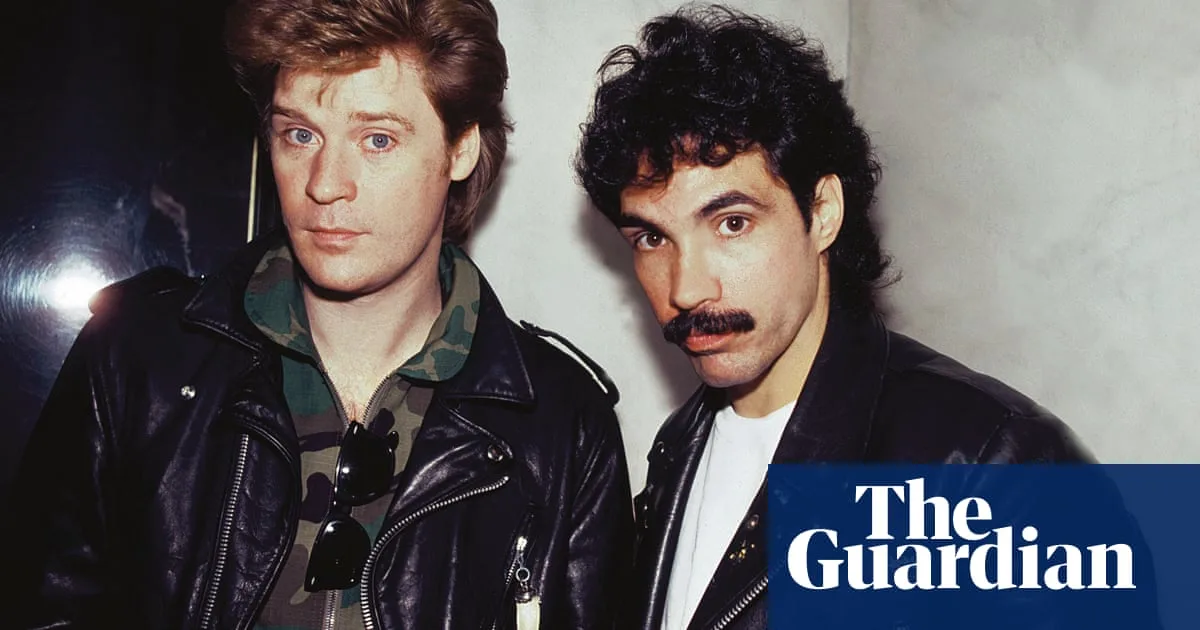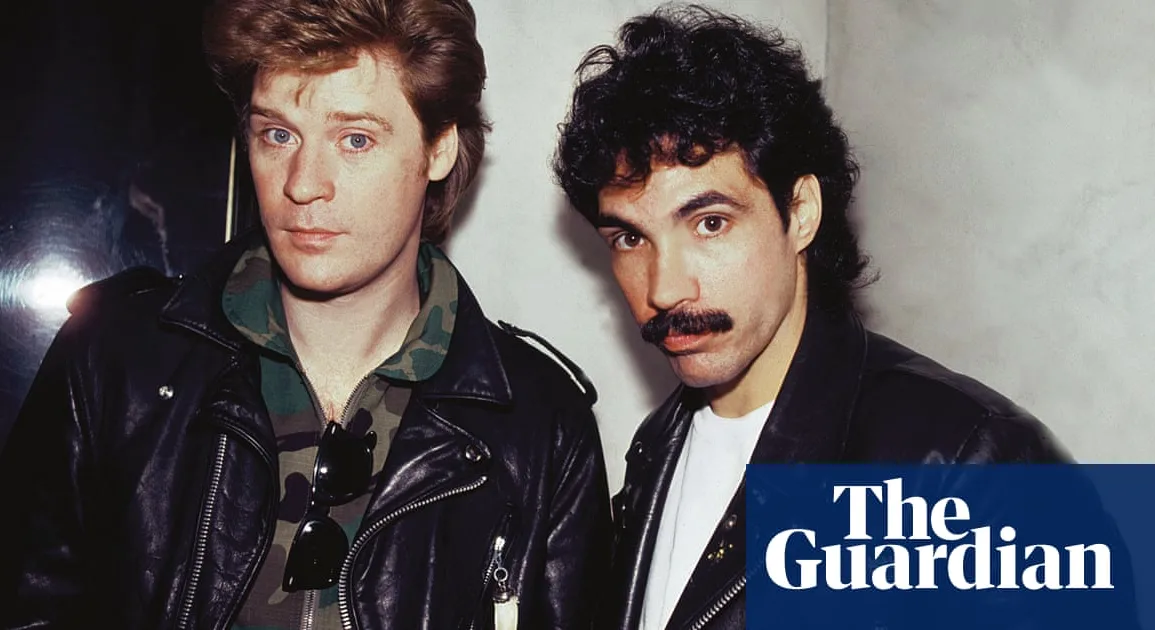
The pop rock duo Hall & Oates are embroiled in a confidential lawsuit, with details of the litigation sealed.
Daryl Hall, 77, the group’s co-founder, is suing his former bandmate John Oates, 75, according to Axios Nashville reporter Nate Rau, who first reported the suit. The suit by Hall is against Oates as an individual and Oates’s trust.
The pair is known for many chart-topping hits including Kiss on My List, Private Eyes and Maneater.
The lawsuit was filed in Nashville’s chancery court on Thursday, according to court records. The case is categorized as a “contract/debt” dispute, but the court documents detailing the case are sealed, Philadelphia magazine reported.
Hall also filed a restraining order against Oates in addition to the suit, Variety reported. The court issued the temporary restraining order, beginning 30 November.
The suit comes amid public tension between Hall and Oates, Philadelphia magazine reported. Hall said that Oates was not his “creative partner” during an 2022 interview on Bill Maher’s Club Random podcast.
“He’s my business partner. He’s not my creative partner,” Hall said to Maher.
“John and I are brothers, but we are not creative brothers. We are business partners. We made records called Hall & Oates together, but we’ve always been very separate, and that’s a really important thing for me,” Hall added.
Representatives for Hall or Oates could not be reached by the Guardian for comment.
The group have been performing as a duo since 1972, with their debut album Whole Oats. The duo toured together as recently as October 2022, but have toured and recorded separately throughout the years.
after newsletter promotion
The pair has never officially broke up.
In a 2021 Guardian interview, the pair spoke about their impact on commercial radio and garnering more acceptance for “crossover music” amid the disparaging movement against the disco music style.
“One of the things I don’t think we get full credit for is opening up the minds of commercial radio for that possibility,” Oates said to the Guardian.
“We had our early success with black radio – the African American community had been as big a part, if not a bigger part of our success as anything. So to us it was normal, that was the music we made, it appealed to a wide variety of people. I think we opened the door to more acceptance of what they defined as crossover music,” he added.


